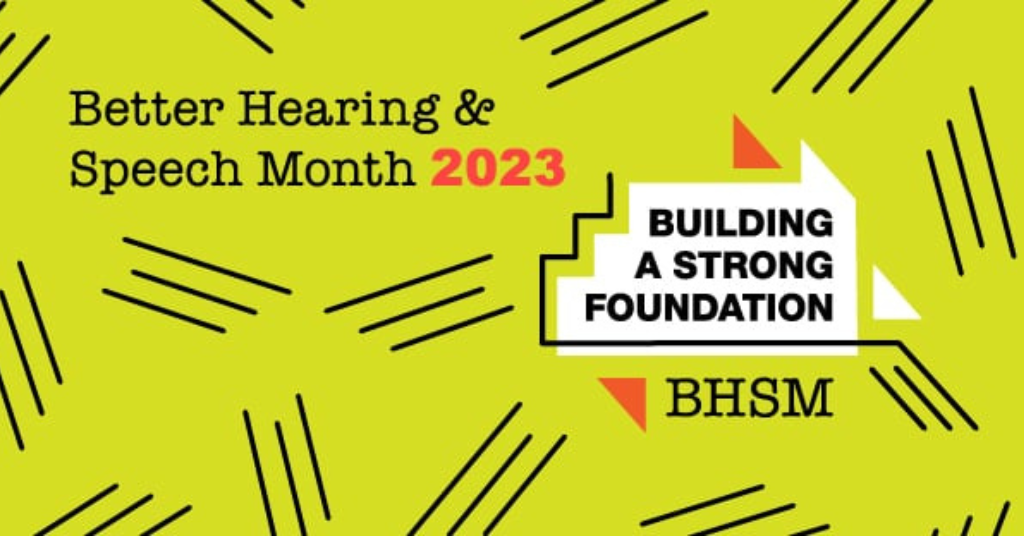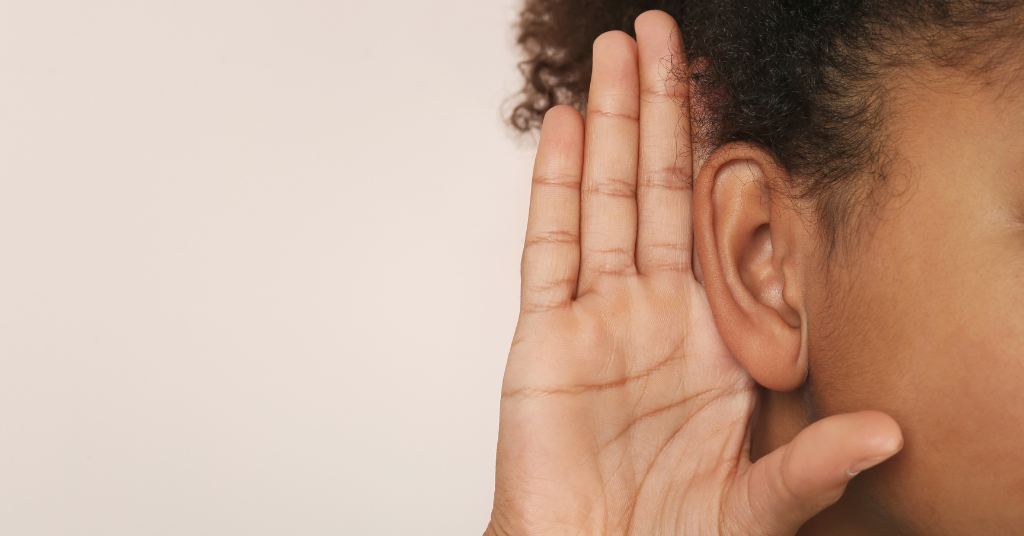
Live captioning coming to Apple devices
May 25, 2022
What to know about hearing loss and Lyme disease
May 31, 2022Five ways to observe National Save Your Hearing Day

In the United States of America, tomorrow is National Save Your Hearing Day! What is “National Save Your Hearing Day,” and how can you observe it? Hearing Like Me is here to explain!
What is National Save Your Hearing Day?
The month of May is when Better Speech and Hearing Month is observed. The last day of the month, May 31st, is National Save Your Hearing Day. It’s a day to show the importance of protecting the hearing you have. According to the World Health Organization:
- By 2050, nearly 2.5 billion people are projected to have some degree of hearing loss. At least 700 million will require hearing rehabilitation.
- Over 1 billion young adults are at risk of permanent, avoidable hearing loss due to unsafe listening practices.
Ways to Observe as an Individual
There are many ways to celebrate National Save Your Hearing Day. These activities can be done even if you are outside of the US.
- Learn how to protect your hearing
- Listen to music through over-the-ear headphones instead of earbuds, which are closer to the eardrum
- Turn the volume down
- See if your phone has the ability to set a volume limit on your headphones
- See an audiologist to find out about your hearing level and tools for protection and to have your ears cleaned of wax if needed. To find one, click this link.
Read more: Safe Listening: Protecting your ears
Ways to Observe as an Employer
With noise-induced hearing loss being one of the most common work-related illnesses in the United States, employers can take steps to protect their employees’ hearing. The Occupational Safety and Health Administration (OSHA) is the agency that sets precedent in regards to safety precautions for workers. They are a part of the U.S. Department of Labor. Occupational noise exposure is covered in standard number 1910.95.
It’s important to understand your responsibilities as an employer according to the law. One is to make hearing protectors available when employees are exposed to sounds 85 decibels or greater for an eight-hour window.
Another way to be a responsible employer is to join a hearing conservation program. These programs help prevent, preserve, and protect the hearing of employees. In a credible program, the hearing levels of the employees will be tested, monitored, and records maintained. Hearing protectors will also be required, with steps taken to ensure employees know how to properly use hearing protection.
“Another way to be a responsible employer is to join a hearing conservation program.”
Other ways to support your employees is to be proactive and have captions readily available for all audio and videos. Foster a work environment that is inclusive and welcoming for people with hearing loss.
Read more: U.S. employment rights for people with hearing loss
History of Ear Protection
Luckily, treatments for hearing loss have improved over the years. Our understanding of ways to prevent it has as well. Hearing protection in America originally came about because of military needs, according to The Journal of the Acoustical Society of America. War zones, and even training grounds, can get extremely noisy. Thus, hearing protection was created to help cut down on the number of soldiers being released due to hearing loss. Because of this, earplugs received a patent in 1864. Earmuffs with adjustable headbands were patented in 1884. These were used as protection for soldiers. They quickly gained use for those in other lines of work. Today many use ear protection to help save their hearing. They also use them to reduce overstimulation from the noisy world.
While National Save Your Hearing Day happens once a year, you can work to save your hearing every day of the year!



